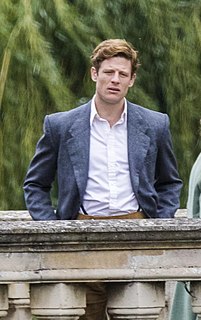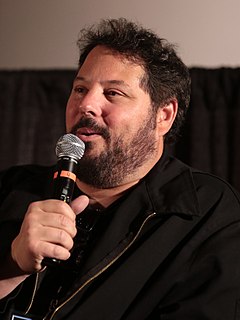A Quote by Elvis Mitchell
Scene by scene, you can't help being impressed by 'Mean Girls;' it's like a group of sketches linked by a theme, with some playing much better than others.
Related Quotes
I don't think that any scene [in Pineapple Express] is word for word how you'd find it in the script. Some of it was much more loose than others. The last scene with me, Danny [McBride] and James [Franko] in the diner - there was never even a script for that scene. Usually we write something, but for that scene we literally wrote nothing.
Though narrative cohesion isn't the strength of 'Mean Girls,' which works better from scene to scene than as a whole, the intelligence shines in its understanding of contradictions, keeping a comic distance from the emotional investment of teenagers that defined 'Ridgemont High' and later the adolescent angst movies of John Hughes.
have a much harder time writing stories than novels. I need the expansiveness of a novel and the propulsive energy it provides. When I think about scene - and when I teach scene writing - I'm thinking about questions. What questions are raised by a scene? What questions are answered? What questions persist from scene to scene to scene?
Of course there are some actors that are better than others and performances that are better than others, but they're always embedded in the greater film. They are mediated through the work of so many other people: the director directs, the lighter sets the scene, the editors edit, the music gets put to it.
I really like the Chris-R scene and of course the "you are tearing me apart Lisa" scene. The reason I love the Chris-R scene is because we worked really hard to finish it. It's not just that though, it brings people together. Everyone is one the roof together by the end of the scene. You see the perspectives of the different characters. I feel like with all the connections in this scene that the room connects the entire world
I always try to find something or some way of delivering the lines or playing the scene that you wouldn't normally expect. And I know that sounds weird, because it's not like I surprise people with shocking performances. But in an interesting way... Just being real and as interesting as possible. Usually, that stuff is the spine of the show. It's the humor that you need in a scene, in an intense moment or something.



































